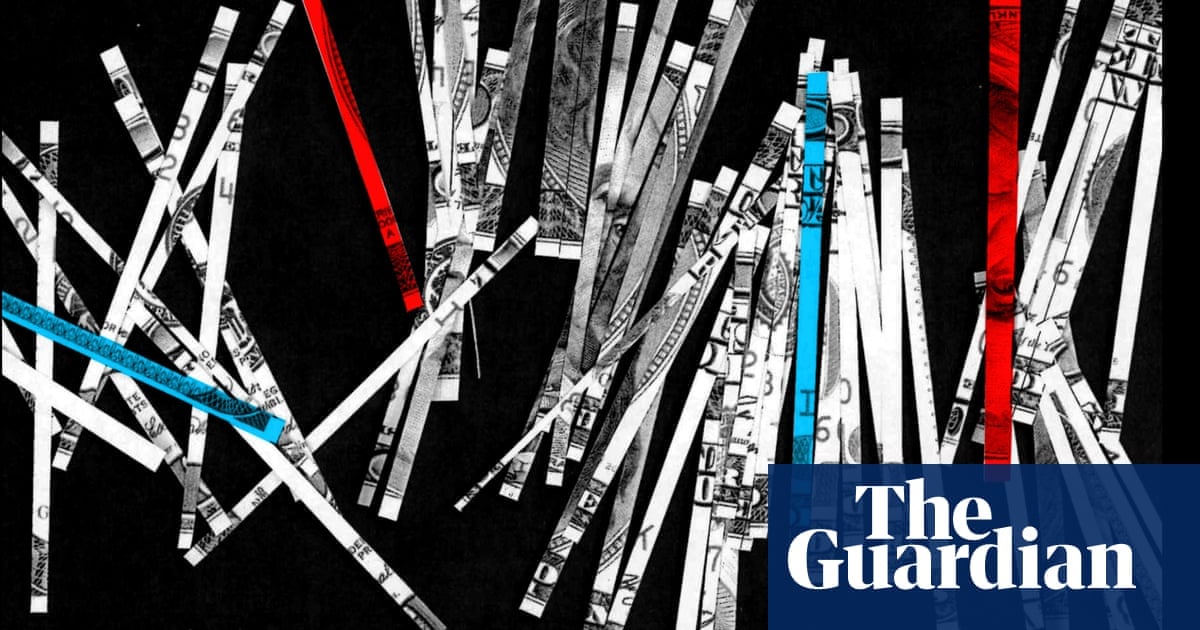- cross-posted to:
- politics@lemmy.world
- cross-posted to:
- politics@lemmy.world
Nearly three in five Americans wrongly believe the US is in an economic recession, and the majority blame the Biden administration, according to a Harris poll conducted exclusively for the Guardian. The survey found persistent pessimism about the economy as election day draws closer.
The poll highlighted many misconceptions people have about the economy, including:
-
55% believe the economy is shrinking, and 56% think the US is experiencing a recession, though the broadest measure of the economy, gross domestic product (GDP), has been growing.
-
49% believe the S&P 500 stock market index is down for the year, though the index went up about 24% in 2023 and is up more than 12% this year.
-
49% believe that unemployment is at a 50-year high, though the unemployment rate has been under 4%, a near 50-year low.



deleted by creator
Yeah, it’s accurate; a lot of that monster inflation that spiked in 2022 and then came back down was Covid follow-on effects, and it definitely made people worse off even to this day. Blaming Biden for that seems weird though.
Biden did continue signing massive spending bills well after it was clearly having issues. My state had so much covid money left over they were funding all sorts of random shit just to spend it.
Your assertion is that things like the infrastructure act and CHIPS act and etc were what drove inflation (instead of driving wage growth which is what most people are saying they did)?
I’m not sure what you’re saying here; are those the bills you mean? Those are the big ones I’m aware of, and he funded them by raising corporate taxes; it wasn’t just inflationary spending.
My assertion is that after approximately 2 trillion in covid funding by Trump, the additional 3 trillion from Biden is a major contributing factor to the inflation that was observed. The follow up of an additional approximately 1.5 trillion from the bills you listed doesn’t help either though.
Do you think that Biden should have abruptly stopped Covid aid instead, as soon as he got into office?
Fascinating
The assertion of almost everything I’ve read on any level about it was that they did help, since as I mentioned they were funded by increasing tax on wealthy corporations, so there’s no reason to think they would have any effect at all on inflation, i.e. their main impact was to increase wages vs inflation.
What did you read / what did you listen to that gave you the impression that they didn’t help, or that they had an impact on inflation?
Those bills already spent the money though, the inflation happened. The paying for it part is based on a decade of tax revenue that hasn’t happened yet. If even 10% of that “responsible” spending has come back as tax revenue I would be surprised.